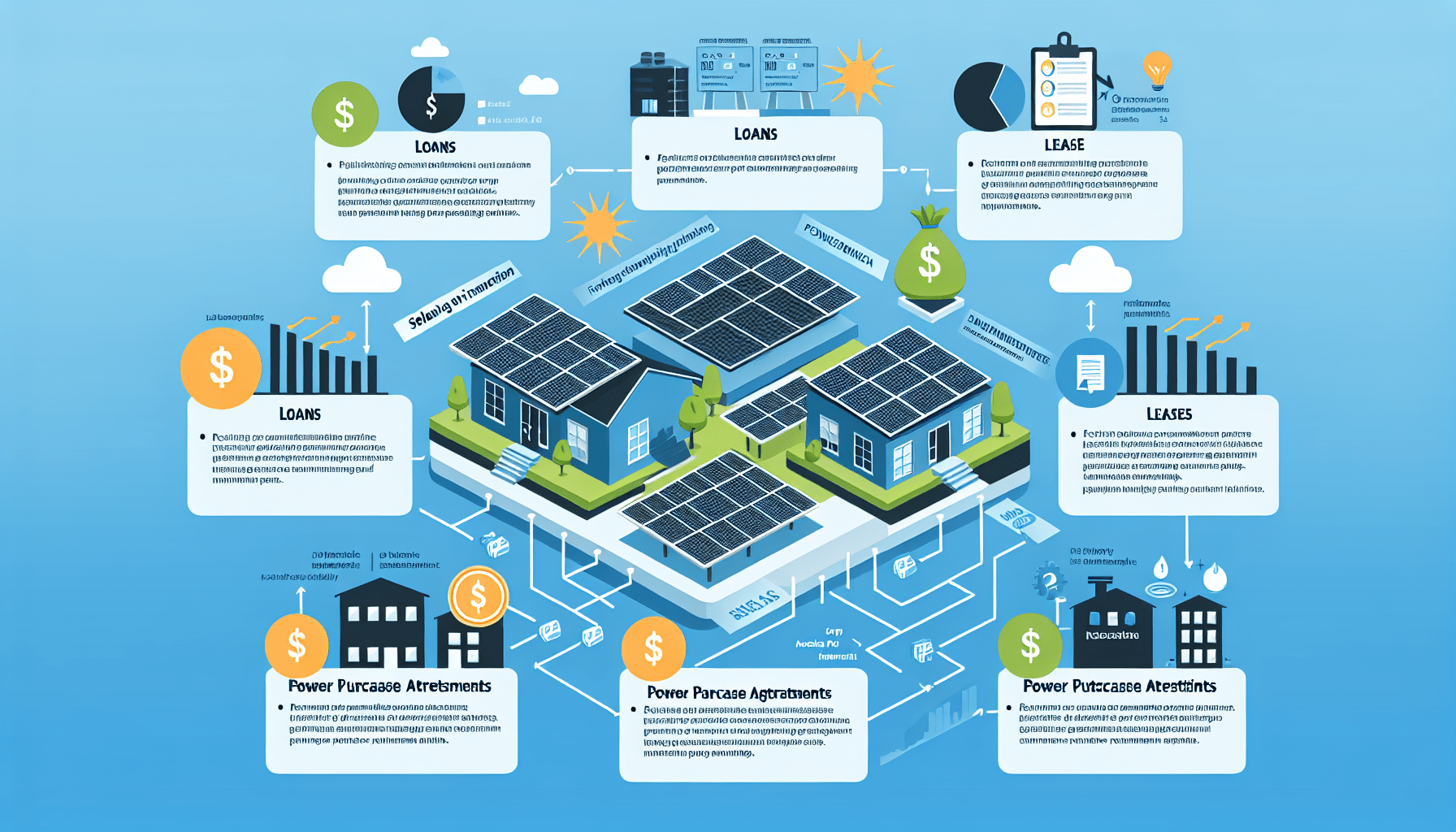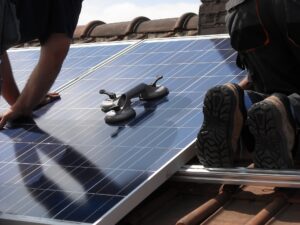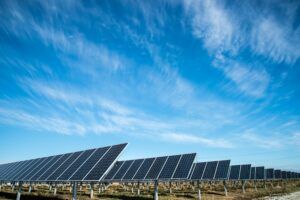We understand that financing solar panel installation can seem like a daunting task, but fear not! In this article, we will explore various options and strategies to help you secure the funds needed for this eco-friendly investment. From government incentives and loans to leasing programs and financing companies, we’ve got you covered. So, sit back, relax, and let us guide you through the process of financing your solar panel installation.
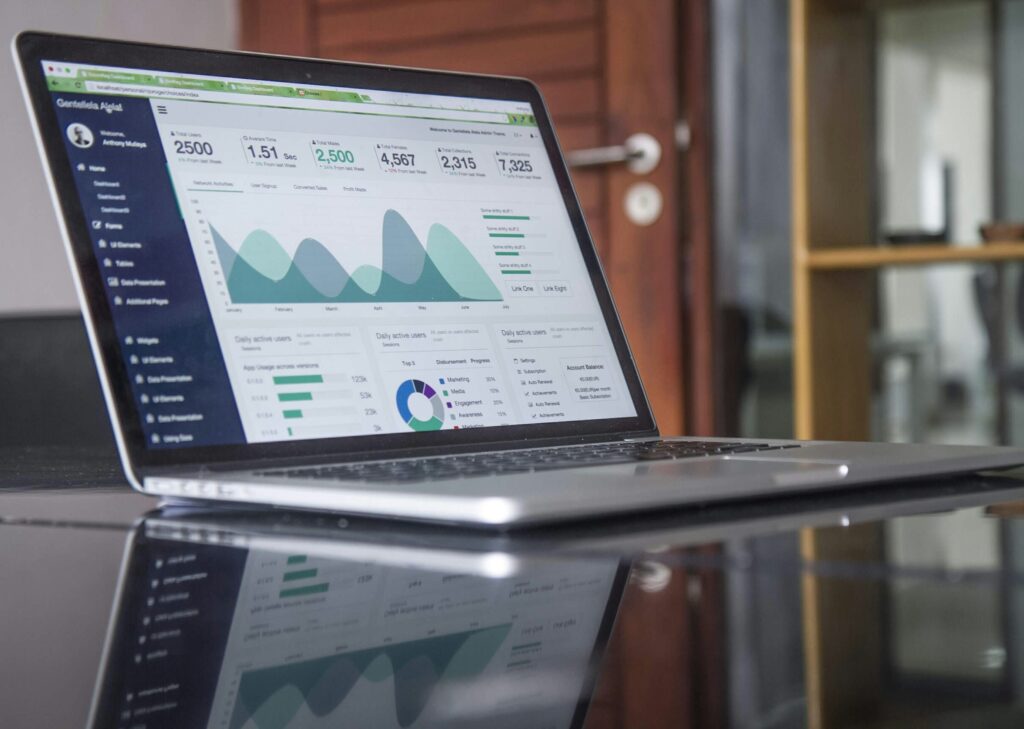
1. Cash Purchase
Saving up
One of the most straightforward ways to finance solar panel installation is through a cash purchase. By saving up a sufficient amount of money, you can pay for the installation upfront and enjoy the immediate benefits of solar energy. This option allows you to avoid loans and interest payments, providing you with greater financial freedom in the long run.
Using home equity loans
For homeowners who have built up equity in their homes, another viable option is to use a home equity loan to finance solar panel installation. With a home equity loan, you can borrow against the value of your home and use the funds to cover the upfront costs of solar installation. The interest rates on home equity loans tend to be lower compared to other types of loans, making this an attractive choice for many.
Using personal loans
Personal loans are another option to consider when financing solar panel installation. These loans can be obtained from banks, credit unions, or online lenders, and they provide a lump sum of money that can be used to cover the cost of solar installation. Personal loans often have fixed interest rates and repayment terms, making it easier to budget and plan for the future. It’s important to shop around and compare rates from different lenders to ensure you get the best terms possible.
2. Solar Loans
Unsecured solar loans
Unsecured solar loans are loans that do not require collateral, such as your home or other assets, to secure the loan. These loans are based primarily on your creditworthiness and ability to repay the loan. Unsecured solar loans are a convenient option for those who may not have built up significant home equity or who prefer not to use their home as collateral. The interest rates on unsecured solar loans may be slightly higher compared to secured loans, but they offer greater flexibility and peace of mind.
Secured solar loans
Secured solar loans, on the other hand, do require collateral, typically in the form of your home or the solar panels themselves. By using the solar panels as collateral, you can potentially secure a lower interest rate and more favorable terms. Secured solar loans offer the advantage of lower interest rates, making them a cost-effective option for those who have substantial home equity or who are willing to pledge the solar panels as collateral.

3. Solar Lease
Operating leases
If you don’t want to bear the upfront costs of solar panel installation, leasing might be a suitable option for you. With an operating lease, you essentially rent the solar panels from a third party. The leasing company installs and maintains the panels, and you pay a monthly fee to use the energy they generate. Operating leases require little to no upfront payment and can be an attractive option for those who want immediate access to solar energy without the financial burden of ownership.
Capital leases
Capital leases, also known as finance or lease-to-own agreements, provide a pathway to eventual ownership of the solar panels. With a capital lease, you make monthly payments towards the cost of the panels and, at the end of the lease term, have the option to purchase the panels at a reduced price. This allows you to enjoy the benefits of ownership while spreading out the cost over time. Capital leases typically require a down payment, and the monthly payments are generally higher compared to operating leases.
4. Power Purchase Agreements (PPAs)
Third-party ownership
Under a power purchase agreement (PPA), a third-party company installs and owns the solar panels on your property. In exchange for hosting the panels, you agree to purchase the energy generated by the panels at a predetermined rate. This allows you to benefit from solar energy without the upfront costs or maintenance responsibilities. Third-party ownership through PPAs is a popular option for homeowners who want to go solar but don’t want to take on the financial or operational risks associated with ownership.
PPA financing
For those interested in PPA financing, some companies offer the option to finance the installation costs upfront. The financing option allows you to avoid any upfront costs and instead make fixed monthly payments to cover the installation expenses. With PPA financing, you can still benefit from the immediate savings on your electricity bills without the need for a significant upfront investment.
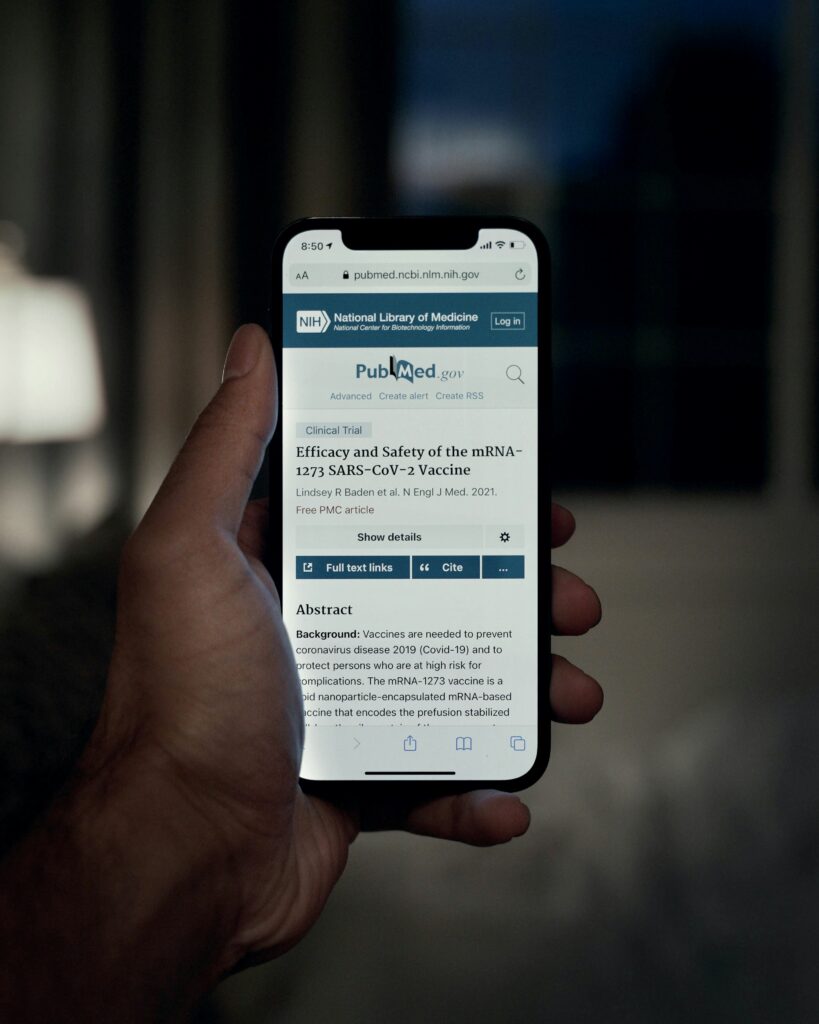
5. Energy Efficient Mortgages (EEMs)
FHA EEMs
Energy Efficient Mortgages (EEMs) are mortgage loans that provide additional funds to finance energy-efficient improvements, including solar panel installation. The Federal Housing Administration (FHA) offers FHA EEMs, which are backed by the government and have specific criteria and guidelines. FHA EEMs allow homeowners to finance the cost of solar installation along with their mortgage, spreading out the payments over the lifespan of the loan.
Conventional EEMs
In addition to FHA EEMs, conventional mortgage lenders also offer Energy Efficient Mortgages. These mortgages follow the guidelines set by Fannie Mae or Freddie Mac, two government-sponsored entities. Conventional EEMs allow homeowners to finance energy-efficient upgrades, including solar panels, by including the costs in the mortgage loan. This can be a cost-effective option for homeowners who wish to finance their solar panel installation through their mortgage lender.
6. Property Assessed Clean Energy (PACE) Financing
Qualifications for PACE financing
Property Assessed Clean Energy (PACE) financing is a program that allows homeowners to finance renewable energy, including solar panel installation, through a special assessment on their property tax bill. PACE financing is typically offered by local governments or organizations and is subject to specific qualifications, such as minimum credit scores and equity requirements. Since PACE financing is tied to the property, repayment is made through the property tax bill and stays with the property even if it is sold.
Repayment and terms
The repayment terms for PACE financing can vary depending on the local program, but they typically range from 10 to 20 years. The interest rates for PACE financing are generally competitive, and the loan amount is based on the projected energy savings and the cost of the solar panel system. PACE financing offers homeowners a convenient and accessible way to finance solar panel installation while also benefiting from potential energy savings.
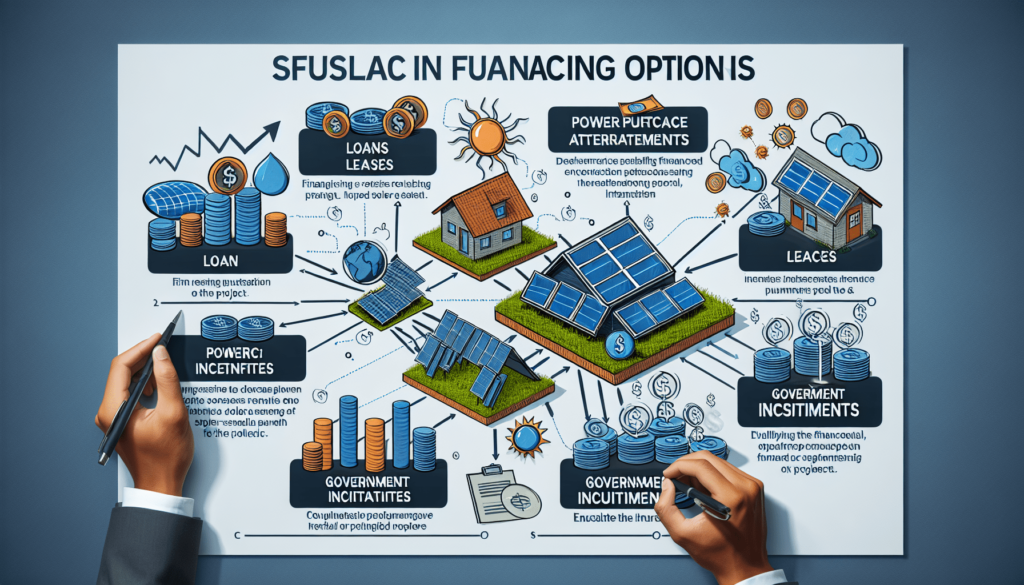
7. State and Local Incentives
Rebates and tax credits
Many states and local governments offer incentives to encourage the adoption of solar energy. These incentives can take the form of rebates, tax credits, or other financial incentives. Rebates provide a direct cash refund for a portion of the solar panel installation costs, while tax credits allow you to deduct a certain percentage of the installation expenses from your income tax liability. These incentives can significantly reduce the upfront costs of solar panel installation, making it more affordable for homeowners.
Grants and loans
In addition to rebates and tax credits, some states and local governments offer grants or loans specifically designed to finance solar panel installation. These programs provide financial assistance to homeowners, enabling them to cover a portion or even the entire cost of solar installation. Grants do not need to be repaid, while loans typically have favorable interest rates and repayment terms. Exploring these state and local incentives can greatly help in financing your solar panel installation.
8. Federal Incentives
Federal Investment Tax Credit (ITC)
The Federal Investment Tax Credit (ITC) is a key incentive provided by the federal government to promote renewable energy adoption, including solar panel installation. The ITC allows homeowners to deduct a percentage of the solar panel system’s cost from their federal income taxes. Currently, the ITC offers a 26% credit for residential solar installations. This incentive directly reduces the amount of taxes owed, providing a significant financial benefit to homeowners considering solar.
Residential Renewable Energy Tax Credit
In addition to the ITC, the Residential Renewable Energy Tax Credit, also known as the residential solar tax credit, further supports solar panel installation. This credit allows homeowners to claim a percentage of the installation costs as a credit on their federal income taxes. The specific credit amount varies depending on the tax year, so it’s important to consult with a tax professional or visit the IRS website for the most up-to-date information. These federal incentives make solar panel installation even more financially appealing for homeowners.
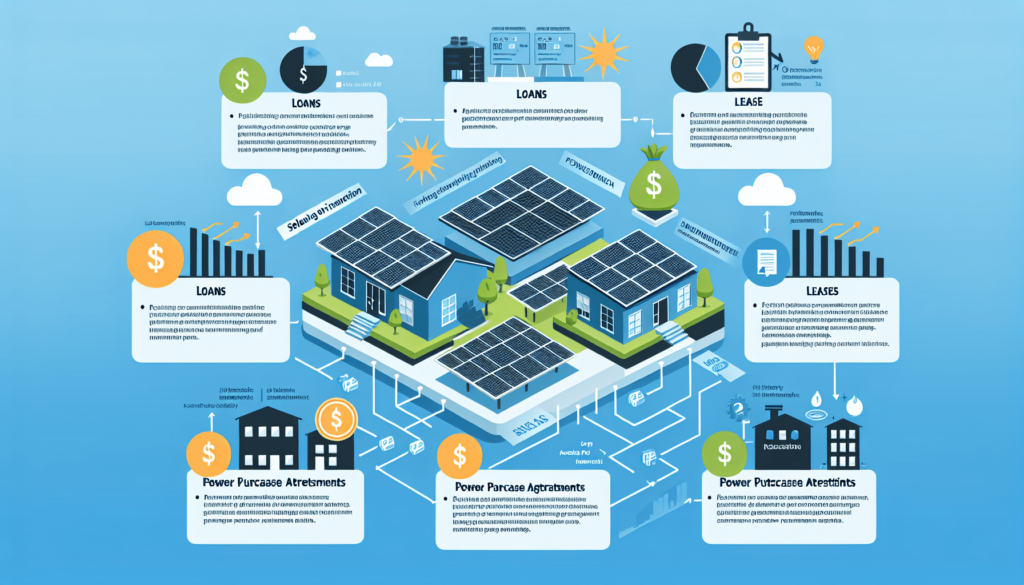
9. Solar Panel Financing Programs
Solarize programs
Solarize programs are community-driven initiatives that aim to make solar panel installation more affordable and accessible. These programs leverage the power of bulk purchasing to negotiate discounted prices for solar panels and installation services. By joining a Solarize program, homeowners can take advantage of the reduced costs and streamlined processes, making it easier and more affordable to go solar. These programs often provide financing options and educational resources to further assist homeowners in financing their solar panel installation.
Community solar
Community solar allows homeowners to benefit from solar energy without installing panels on their own property. Instead, homeowners can participate in a shared solar project located elsewhere in the community. With community solar, homeowners can purchase or lease a portion of the solar energy generated by the project, which is credited to their electricity bill. This allows homeowners to enjoy the cost savings and environmental benefits of solar energy without the need for upfront costs or installation on their property.
10. Crowdfunding and Peer-to-Peer Lending
Solar crowdfunding platforms
Solar crowdfunding platforms provide a way for individuals to invest in solar projects and support the growth of renewable energy. These platforms allow homeowners to raise funds for solar panel installation by creating a campaign and inviting others to contribute financially. Through solar crowdfunding, homeowners can tap into the power of a community and secure financial support for their solar project. This option is especially beneficial for those who may not qualify for traditional financing options or want to explore alternative avenues.
Peer-to-peer lending platforms
Peer-to-peer lending platforms offer an alternative form of financing for solar panel installation. These platforms connect borrowers directly with individual lenders, cutting out the traditional banking institutions. Homeowners can create a loan listing, stating the amount they need to fund their solar project and the interest rate they are willing to pay. Lenders then have the opportunity to invest in the listed loan, allowing homeowners to secure the necessary funds for solar panel installation. Peer-to-peer lending offers a decentralized and potentially more flexible financing option for homeowners.
In conclusion, financing solar panel installation can be achieved through various methods, each with its own advantages and considerations. Whether it’s a cash purchase, loans, leases, incentives, or innovative financing programs, homeowners have a range of options to explore. By carefully considering their financial goals, preferences, and eligibility, homeowners can choose the financing option that best suits their needs, allowing them to embark on a sustainable and cost-effective solar journey.

